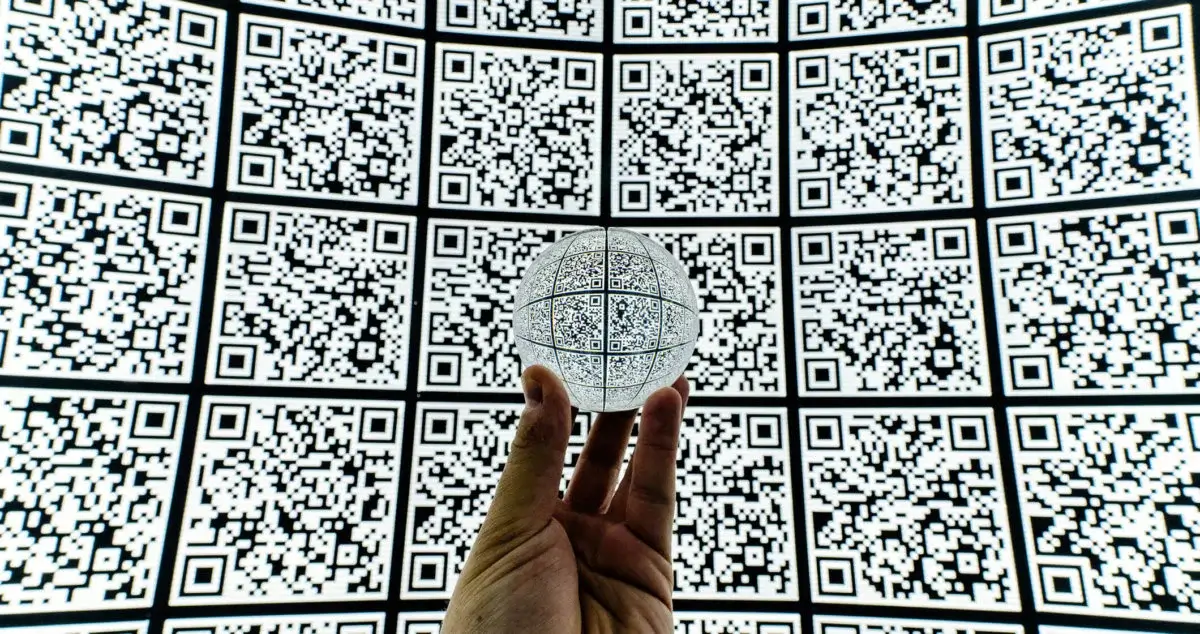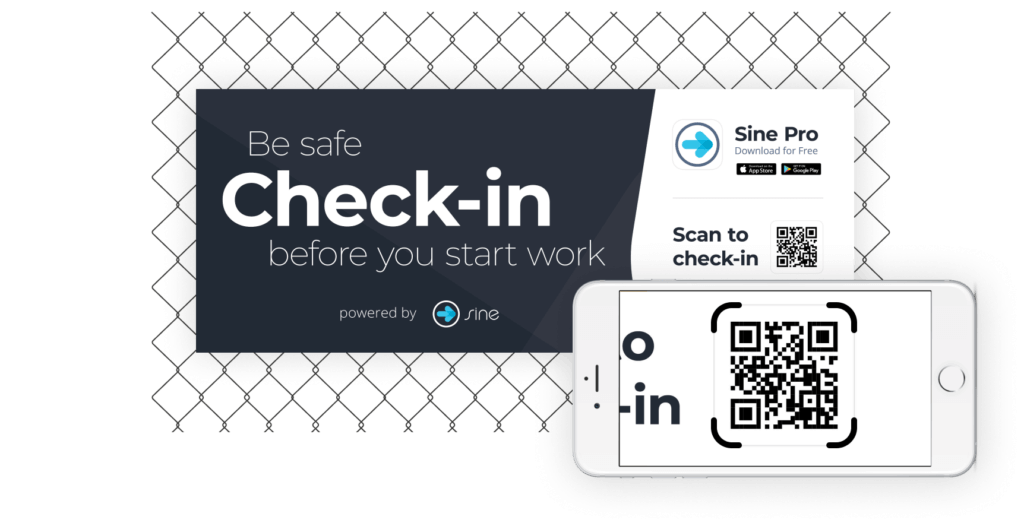
There was a time when QR codes got a bad wrap. Whether it was the redirects to random web pages seemingly unlinked to where you sourced the code, or the need to download another app to your phone just to be able to scan one.
As quickly as they rose to prominence, they seemed to fade right away.
But now they’re back with a vengeance. You just may not recognize them immediately.
Popular apps like Snapchat and Spotify have repackaged them as Snap and Spotify codes respectively. Enhancing ease of use within these now-ubiquitous apps and making the QR code look a whole lot more beautiful in the process.
QR codes work in much the same way as a barcode at the supermarket does. The pattern of black squares and dots represents information that can be rapidly read and interpreted by smartphone cameras and actions taken based on that content.
The size and nature of QR codes enables them to encrypt and hold exponentially more information than a traditional barcode. While features like ‘error correction’ enable codes to still be read accurately when as much as 30% of the QR code is covered or even damaged.
Because of this, QR codes have seen rapid growth in popularity and application due to their versatile nature.
At their inception, QR codes were used to track vehicles during manufacturing. The volume of information they could hold, combined with their high error correction rate made them ideal for high-speed scanning of components throughout the manufacturing process.
What initially began as a way to prevent errors in reading codes though, has today evolved into one of the most desirable attributes of QR codes – branding.
Rather than allowing for up to 30% of a QR code to be damaged, what if that 30% was just covered with branding or embellishment?
Here at Sine we’ve embraced the versatility of QR codes to change workplace management practices. Now, QR codes can make vital business processes quicker by automating actions.
If you’ve already invited someone to attend your site, why make them fill out details you already have on arrival? With Fast Track invites, QR codes are embedded within invitations you send out, allowing visitors to check-in quickly on arrival and receive a custom visitor badge with their details and photo.

Compliance is crucial for businesses. But even the best policies will fail if measures aren’t in place to empower your staff to maintain compliance. Using Sine Workflows and QR codes make it simple for businesses to manage inspection procedures, particularly for itinerate workers.
Immediately link inspectors to the latest checklist for that site with simple posters set up at each location. Automate and digitise completion of these inspections with the Sine Pro mobile app and never be without an audit trail.
COVID-19 has forced many businesses to reconsider how they operate day to day in their offices. Using QR codes for visitor, contractor and staff management can empower your workforce to achieve effective social distancing. This, in turn, helps reduce the risk of COVID-19 spread within the workplace.
Sine uses QR codes to enable contactless sign-in for staff, visitors and contractors. For businesses and buildings using access control, the system can be integrated to provide a fully touchless journey through your premises.
All of this made possible by a simple QR code.
The true potential of QR codes is only now beginning to be uncovered. A key step in this came with the introduction of QR code scanning abilities in the native iPhone camera app. With more companies jumping on the bandwagon since to continue pushing the technology further.